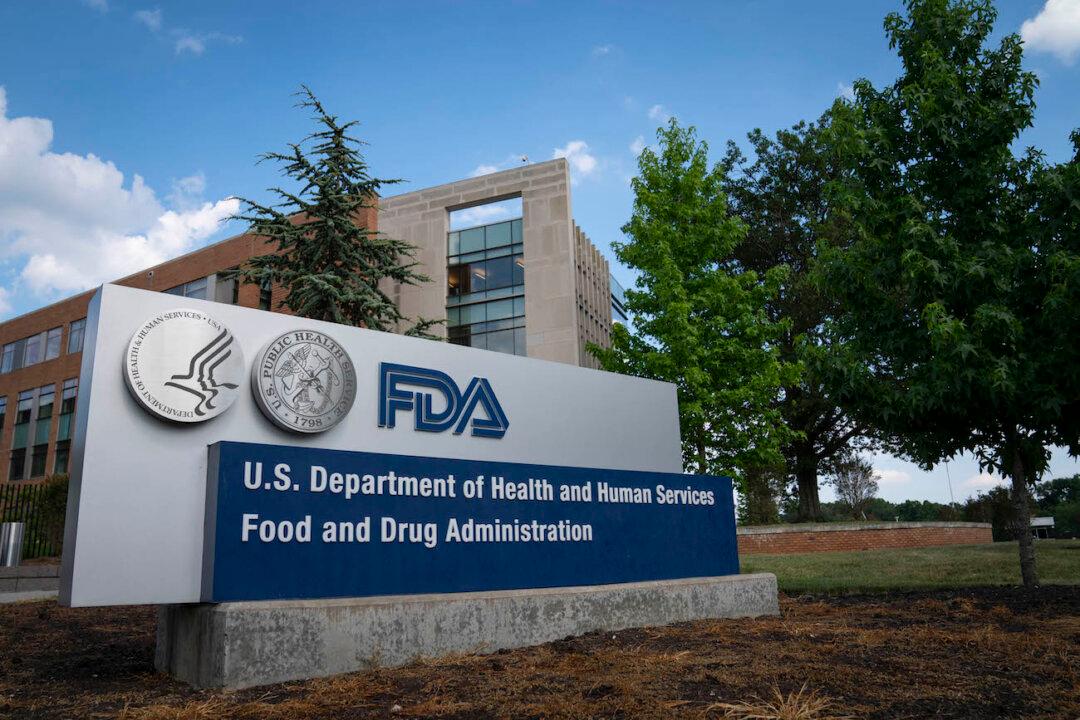Just three COVID-19 vaccines are available in the United States after the U.S. Food and Drug Administration (FDA) on June 1 revoked the authorization for the Johnson & Johnson vaccine.
Regulators made the move because of a request from Janssen, the Johnson & Johnson subsidiary that makes the vaccine.





